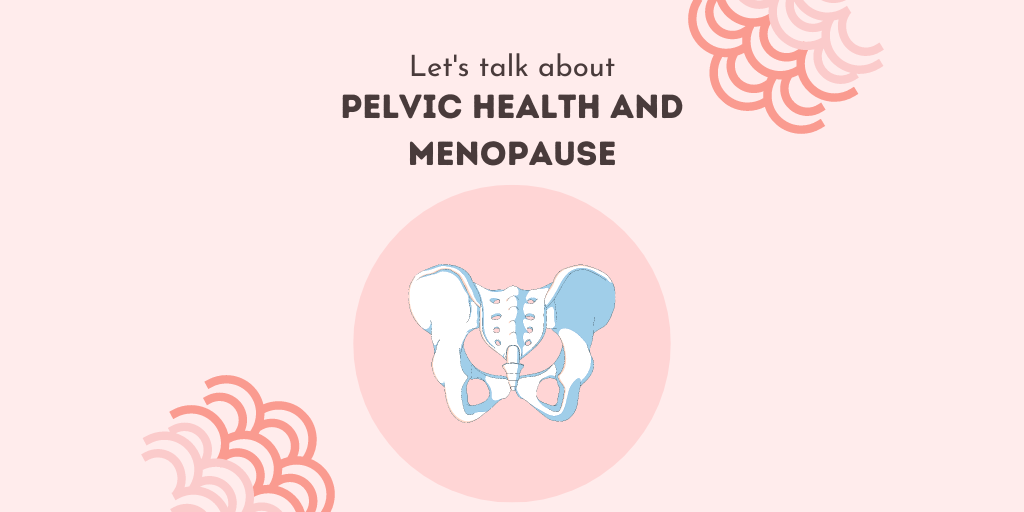Menopause brings with it many changes that may affect your bladder, bowel, sexual function and general sense of wellbeing. Pelvic health physiotherapists have unique skills and training to help with this.
Factors contributing to pelvic health problems around menopause:
- Loss of estrogen – causing a thinning of the walls in the vagina, urethra and anus.
- Age related changes, including muscle loss
- Lifestyle factors eg a history of heavy lifting, chronic cough, that may have contributed to problems over a long period of time
- Reduced activity leading to less flexibility, strength and fitness
These changes, combined with events around childbirth many years earlier, that may not have been an issue until now, can mean that you may start to experience problems.
Bladder problems
Reduced estrogen can cause the bladder to become less stretchy, meaning it can’t hold as much and you may start experiencing symptoms like a sudden urge to get to the bathroom, having to go more often, or not quite making it in time. A pelvic health physiotherapist can help with bladder training, urge control strategies and pelvic floor exercises to overcome these problems.
Pelvic floor muscle weakness contributes to problems holding the urine in, and leakage can result. Learning to get your pelvic floor muscles functioning better will help.
Bowel problems
Hormone changes may contribute to constipation and straining which can in turn cause or worsen a prolapse. Learning how to empty your bowel correctly, without straining can help prevent problems developing.
Often people start to experience urgency of the bowel and leakage, as age related changes and hormone changes make the anal sphincters less able to hold things in. Strengthening exercises and learning about good bowel management and bowel routines can really make a big difference to your quality of life.
Sexual function
Menopause for many women brings
- Changes in libido
- Dryness and discomfort in the vulva and vagina
- Tightening around the vaginal entrance, making penetration difficult
Pelvic health physiotherapists are used to discussing these sensitive issues and can provide advice and treatment.
Prolapse
The main risk factors for prolapse are childbirth, age and menopause. 50% of women will have a prolapse, although only 12% will be symptomatic. Even if you don’t have symptoms though, it’s a good idea to learn about lifestyle modifications and pelvic floor training to help prevent it happening in the future. If you already have a prolapse, there’s good evidence that pelvic health physiotherapy can reduce it.
How do I make an appointment?
Click here to go to our contact page.

